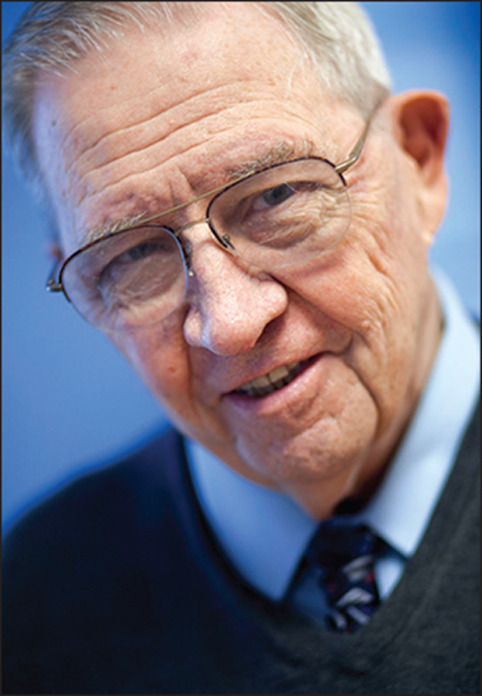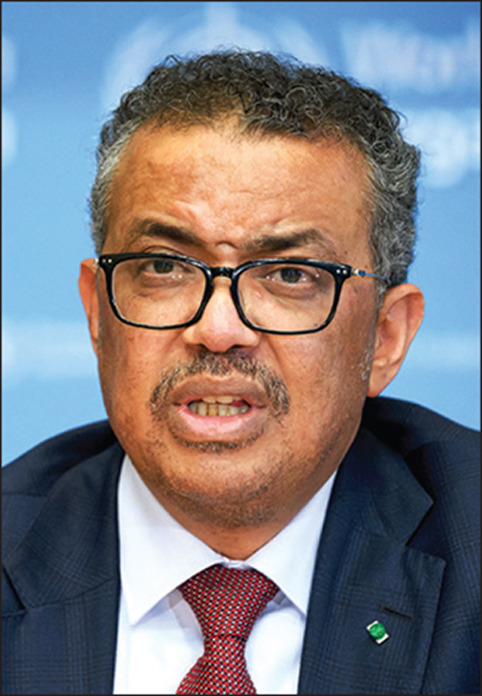The announcement last week that Rochelle Walensky is President-elect Joe Biden's choice to lead the much-eroded Centers for Disease Control and Prevention was universally welcomed by the US medical community. A respected clinician and scientist, as well as a skilled communicator, she has every prospect of restoring credibility and leadership to the nation's foremost public health agency. Walensky recently co-authored an important paper in Health Affairs, which examined the future determinants of a successful COVID-19 vaccination campaign. Her message was sobering. While the present obsession with vaccine efficacy might be understandable, there are likely to be more important influences on future immunisation programmes—vaccine manufacturing capacity, distribution systems and infrastructure, pace of implementation, coverage, health messaging, and continued adoption of non-pharmaceutical interventions. Those old enough to remember the story of smallpox eradication will not have been surprised by Walensky's conclusions. What is surprising is that we are having to relearn those lessons all over again. D A Henderson led WHO's campaign against smallpox. As we look ahead to the implementation of a worldwide vaccination programme to control the spread of SARS-CoV-2, Henderson's messages deserve revisiting.

© 2020 Vasilis Asvestas/Shutterstock
Universal political commitment was central to success against smallpox. The role of WHO must not be underestimated. Although the agency could not compel countries to take smallpox eradication seriously, its moral leadership was important. WHO staff were not merely technical advisers. They became ardent advocates. The agency led the global campaign by creating a special targeted programme. Clear objectives were set. The ultimate goal was eradication. But along the way, secondary objectives were set, such as completeness of reporting. The backbone of the effort was decentralised regional and national programme leadership and management. Problem-oriented research underpinned these actions, solving obstacles as they arose. Finally, certificates of eradication, awarded by independent international commissions, gave confidence that progress was being made. Henderson wrote, “Extraordinary achievements are possible when countries throughout the world pursue common goals within the structure provided by an international organisation. WHO played this role in the eradication of smallpox.”

© 2020 Michael Temchine/Getty Images
The coronavirus we are grappling with today is not smallpox. But the implications for COVID-19 seem clear. First, a global effort to control SARS-CoV-2 demands a global coordinating body—WHO. While the agency's reputation was strengthened by its work on smallpox, the attacks by President Donald Trump have damaged WHO's international standing. Countries must now recommit their support to WHO and its Director-General, Tedros Adhanom Ghebreyesus, and boost their investment in the agency. It is WHO that must command the confidence of member states to coordinate the operational response to COVID-19. WHO must mobilise its regional offices. The US Government has a crucial part to play in the renaissance of WHO. Second, WHO should create a special time-bound programme for COVID-19 control. This programme should set clear, measurable objectives. Eradication will not be one of those objectives, but extinguishing community transmission is achievable. Third, countries must prioritise management as much as medicine in their control efforts. Management means a network of trained staff, allocation of sufficient financial resources, investment in logistical capacity, and the development of a realistic operational strategy. Fourth, continued investment in COVID-19 research will be decisive. The first year of the pandemic has revealed the extraordinary contribution of science to our understanding of SARS-CoV-2. Now is not the time to step back from investments in COVID-19 science. And finally, WHO should create an independent accountability mechanism to monitor country responses and to offer remedies when those responses seem to be insufficient. Smallpox eradication was one of the greatest scientific and humanitarian achievements of the 20th century. Henderson's legacy has immediate relevance for Tedros, Walensky, and other national, regional, and global health leaders. Indeed, every health leader would do well to have a well thumbed and annotated copy of Henderson's Smallpox: the Death of a Disease by their bedside.

© 2020 Fabrice Coffrini/Getty Images


